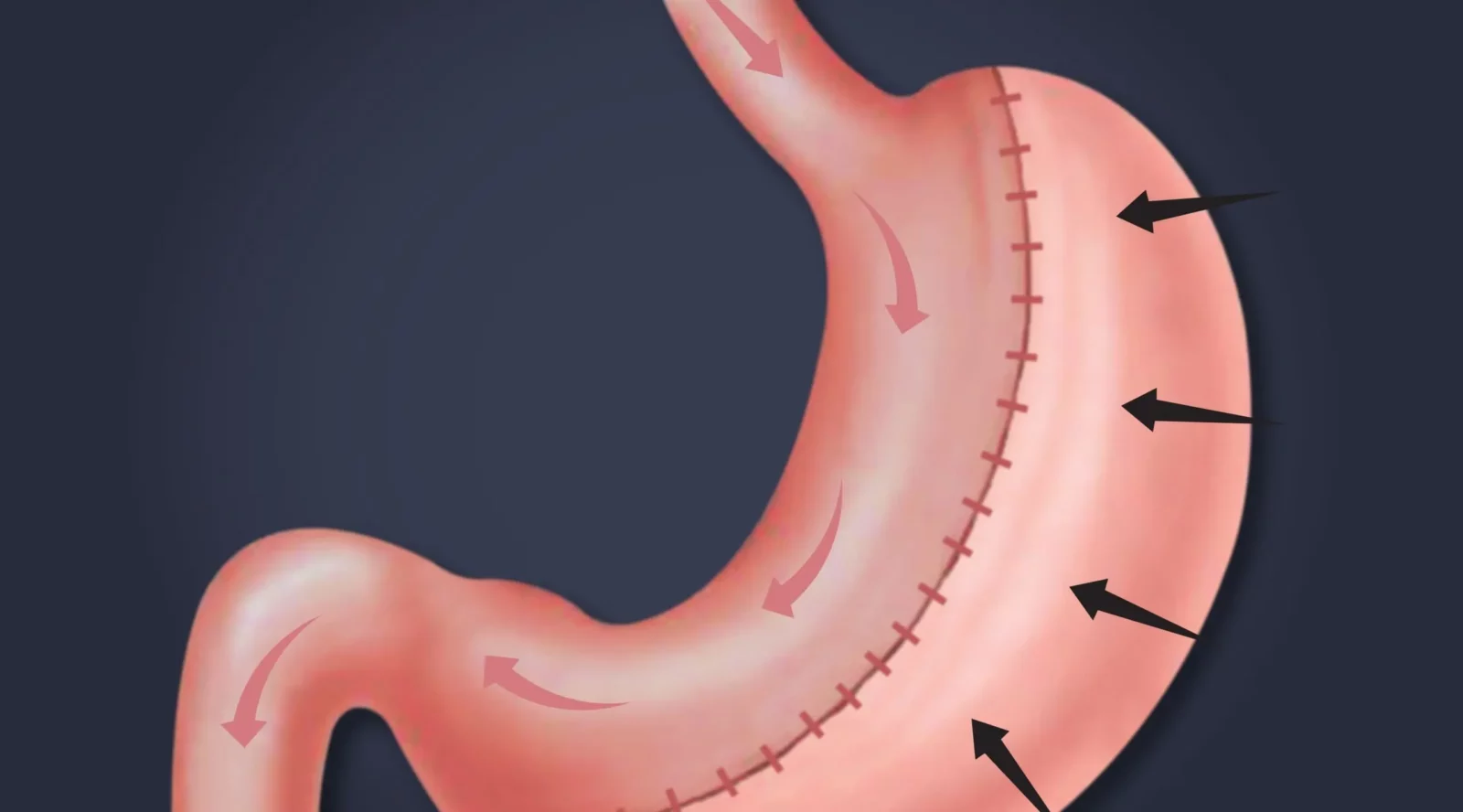If you failed to lose significant weight with your initial gastric sleeve surgery, a revision procedure may help. Revision surgery is more complex than original bariatric surgeries, but complication rates are dropping, and it can improve your health. Occasionally, patients who have undergone a previous gastric restrictive procedure like sleeve gastrectomy experience acid reflux due to a dilated stomach pouch.
Lower Risk of Heart Disease
According to a recent study, bariatric surgery patients experience a nearly 40% reduced heart disease risk. The study also found that people who don’t have bariatric surgery can expect a 5% increase in heart disease risks over time. The average gastric sleeve patient loses 25% to 30% of their body weight within two years of surgery. Despite this impressive success rate, some people experience poor outcomes following gastric sleeve surgery. This could include a dilated stomach or severe reflux that does not respond to medication. If you are experiencing these issues, a gastric sleeve revision may improve your outcome. This outpatient endoscopic procedure involves a doctor retightening the stomach to its original size by passing an endoscope through your mouth and into your stomach. During this process, the surgeon can add or remove tissue, alter the stomach pouch size, or perform another bariatric surgery if needed. However, this is only recommended if you meet certain criteria, including being dedicated to your weight loss goals and having no medical conditions that would make it unsafe to undergo further surgery.
Improved Sleep
Bariatric surgery has long-lasting impacts on one’s quality of life, including improvements in sleep. Studies have shown that the psychological changes associated with bariatric surgery lead to improved mental health and sleep patterns. Several factors contribute to this improved sleep, including lower body weight, resolution of comorbidities, and healthier diet and exercise. Getting good sleep post-gastric sleeve revision requires an adjustment in your sleeping position, as well as the elimination of liquids before bedtime. Drinks make your stomach grow, making it difficult to get a good night’s sleep. This is especially true if you are a side sleeper. Try sleeping on your left side to help keep your stomach from moving while asleep. Invest in a recliner to help you stay comfortable as you sleep. Alternatively, sleep with a pillow between your knees to align your spine. If you can still not get the restful sleep you need, you may be a candidate for gastric sleeve revision. Your surgical options can be determined by consulting an experienced bariatric surgeon.
Reduced Risk of Type 2 Diabetes
The gastric sleeve surgery can reduce glucose levels in the blood by helping you to lose weight. This can significantly lower your risk of type 2 diabetes over time by as much as 90%. Adopting a balanced diet and shedding some pounds will help you control your blood sugar levels. Low blood sugar levels can also avoid health issues like cardiovascular disease, kidney and nerve damage, and eye and renal illness. Gallstones may be less common after a sleeve gastrectomy. Your body may digest fat more quickly if you lose weight fast. This can lead to cholesterol build-up in the gallbladder as cholesterol stones, which can cause pain after eating. If you develop gallstones after a sleeve gastrectomy, you can have them removed by undergoing a cholecystectomy. Bariatric surgeries are intended to be a one-time operation. However, sometimes a patient’s stomach can stretch out again, or they may suffer complications after surgery. In these cases, revisional bariatric surgery can help restore proper food absorption and provide stronger results. This can include converting a sleeve gastrectomy to a gastric bypass or duodenal switch.
Reduced Risk of Cancer
For those who are obese, bariatric surgery greatly lowers their risk of developing cancer. Research shows bariatric patients have lower liver, pancreatic, ovarian, and colorectal cancer rates. Obesity inhibits the production of other molecules that help keep these hormones in check while increasing the production of hormones that these malignancies need to fuel their growth. A study published in 2018 found that the type of surgery you have significantly impacts your cancer risk. Gastric sleeve revision and a gastric bypass are associated with reduced cancer risk compared to sleeve gastrectomy alone. For those who have regained some weight, this can often be due to the stomach stretching out after the sleeve is adjusted. This can be fixed through a surgical procedure called SIS (Sleeve Imbrication with Stomach Plications). This procedure uses sutures to create plications that fold the stomach and increase restriction. Revision surgeries can also be done for complications like reflux. In these cases, the sleeve can be converted to a gastric bypass to divert acid/bile flow from the stomach.
Increased Energy
Depending on your condition, the surgeon may use a minimally invasive endoscopic procedure called SIS (endoscopic sleeve gastroplasty). This is performed under general anesthesia. It involves placing a thin tube through your mouth and stomach to make plications, or folds, in your stomach. This helps restore the tightness of your sleeve and can reinitiate weight loss. Sometimes, the stomach pouch stretches out after gastric sleeve surgery and becomes less effective at restricting food intake. This can lead to weight regain and trigger side effects such as acid reflux. A revision to a gastric bypass can help alleviate these symptoms and improve your quality of life.
If you had a Lap Band, an adjustable silicone band placed around the top of your stomach to limit how much you can eat, you might need a sleeve or gastric bypass revision to get better results. Similarly, rapid weight loss can increase your risk of developing gallstones, and you may need surgery to remove the gallbladder called a cholecystectomy.










Hello!! My name is Annabella
I love to eat, travel, and eat some more! I am married to the man of my dreams and have a beautiful little girl whose smiles can brighten anyone’s day!